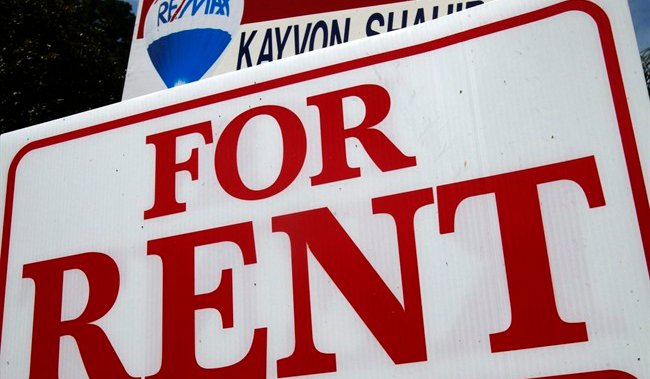Canada
West Broadway tenants say they’re being crushed by above-guideline rent increases

The Plight of Rising Rents: A Personal Struggle for Affordability
Ryan Simmons has called West Broadway home for over a decade. But recently, his life was turned upside down when the building he resides in changed hands. The new owner made several improvements, such as replacing light fixtures and resurfacing the parking lot, but these updates came at a steep cost. Simmons saw his rent skyrocket by 18 percent, and he wasn’t alone—every unit in the building received the same dollar amount increase, regardless of the size of the apartment. For someone like Simmons living in a bachelor unit, the jump was significant. While he tried to appeal the first increase through the Residential Tenancies Branch (RTB), he was hit with another hike, this time a staggering 43 percent. His rent ballooned from $556 to $951 a month, leaving him wondering how he would manage to make ends meet.
Above-Guideline Increases: A System Tilted in Favor of Landlords
Simmons’s story is not an isolated incident. Across Manitoba, tenants are facing similar challenges due to Above-Guideline Increases (AGIs), which allow landlords to raise rents well beyond the provincially mandated maximum. Typically, landlords can only increase rent by a small percentage tied to inflation, which for 2025 is set at 1.7 percent. However, AGIs provide a loophole for landlords to impose much larger increases, often under the guise of property improvements or repairs. Advocates argue that the system is heavily skewed in favor of landlords, making it difficult for tenants to challenge these hikes effectively. While landlords are required to provide documentation for the increases, critics say the process is more about checking boxes than ensuring the renovations are necessary or of good quality.
Advocates Speak Out: The Need for Tenancy Reform
Amanda Emms, a researcher with the Manitoba Research Alliance, has co-authored a report on the impact of AGIs on tenants in West Broadway. She highlights that the current system is designed to favor landlords, with little oversight into the actual need or value of the renovations used to justify the rent hikes. Emms explains that as long as landlords can produce receipts and meet basic requirements, the RTB is likely to approve the increases without scrutinizing the quality or necessity of the work. This lack of accountability has led to widespread frustration among tenants, who feel the system is stacked against them.
The Ripple Effect of AGIs on Tenants and Communities
The impact of AGIs extends far beyond individual tenants like Simmons. These large rent hikes can have a destabilizing effect on entire communities, pushing long-term residents out of their homes and contributing to a growing housing crisis. Yutaka Dirks from The Right to Housing Coalition points out that landlords often use repairs as a justification for raising rents, even if the work is unnecessary or could be delayed. The result is a rapid increase in housing costs that many tenants cannot afford, leading to displacement and further strain on an already stretched housing market. Dirks argues that AGIs are a key driver of housing insecurity, particularly for low- and middle-income families who are already struggling to make ends meet.
A Call to Action: Ending AGIs and Protecting Tenants
In response to the growing crisis, The Right to Housing Coalition has launched a campaign to end AGIs and reform the Residential Tenancies Act. Dirks and other advocates are calling for stricter limits on rent increases, proposing that no increase should exceed 9 percent and that any increase should be spread out over multiple years, with a maximum of 3 percent annually. They argue that the current system makes it impossible for tenants to absorb large, one-time increases, and that more protections are needed to ensure renters can maintain stable housing. The coalition is urging the province to take action and make tenant protections a priority.
The Path Forward: Government Response and Public Engagement
The provincial government has shown some willingness to address the issue. Last year, a bill was introduced to limit AGIs, but it did not pass. Now, the responsibility for tenancy reform lies with Mintu Sandhu, the minister of public service delivery. Sandhu has indicated that the government is reviewing the Residential Tenancies Act and is seeking input from Manitobans on how to improve the system. While this is a positive step, advocates like Dirks and Emms stress that meaningful change cannot come soon enough. For tenants like Simmons, who are grappling with the fallout of aggressive rent hikes, the need for reform is urgent. The coming months will be critical in determining whether the province will take decisive action to protect renters and ensure housing remains affordable and accessible for all.











